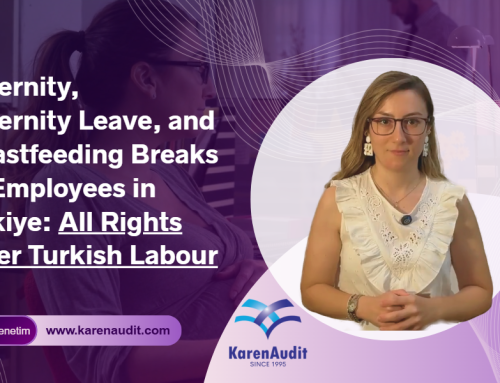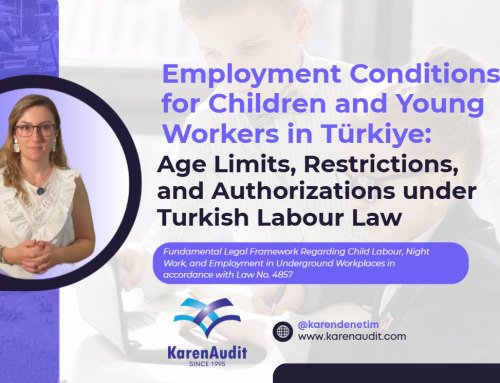October 20, 2022
Eurostat data show that in 2021, 5.2 million women and 3.6 million men aged 15-74 in the EU reported feeling discriminated against at work. The difference between those two numbers was mainly due to the difference in the number of those who reported feeling discriminated against based on gender: 0.2 million men compared with 1.6 million women.
Results from the Labour Force Survey (EU-LFS) module implemented in 2021 indicate that the share of employed people reporting discrimination at work varies according to the country of birth. In the EU, the highest percentages for both men (7.7%) and women (8.8%) feeling discriminated at work were registered among those born in a non-EU country, followed by those born in another EU country (5.4% for men and 7.5% for women). By contrast, the percentages of employed people born in the reporting country feeling discriminated at work were much lower: 3.2% for men and 5.8% for women.
In absolute terms, it means that 618 200 men and 564 600 women born in a non-EU country and 193 500 men and 256 200 women born in another EU country reported feeling discriminated against in their work.
The main reason for discrimination against employed people born in a non-EU country or another EU country was their foreign origin. Men born in a non-EU country who reported discrimination for this reason had a higher share than women, 6.0% compared with 5.0%. In absolute numbers, this means that 481 700 men and 322 800 women born in a non-EU country reported feeling discriminated against at work due to their foreign origin.
At the same time, women born in another EU country reporting discrimination due to their foreign origin had a slightly higher percentage than men (3.4% versus 3.2%, or 115 900 women versus 114 800 men). Moreover, the overall share of women who had reported discrimination at work was higher than those of men regardless of the country of birth; mainly due to the share of women reporting discrimination on the grounds of gender.
Among men and women from a non-EU country or another EU country, there was no available data about employed people reporting discrimination due to age or disability.
Source: Eurostat
Legal Notice: The information in this article is intended for information purposes only. It is not intended for professional information purposes specific to a person or an institution. Every institution has different requirements because of its own circumstances even though they bear a resemblance to each other. Consequently, it is your interest to consult on an expert before taking a decision based on information stated in this article and putting into practice. Neither Karen Audit nor related person or institutions are not responsible for any damages or losses that might occur in consequence of the use of the information in this article by private or formal, real or legal person and institutions.







